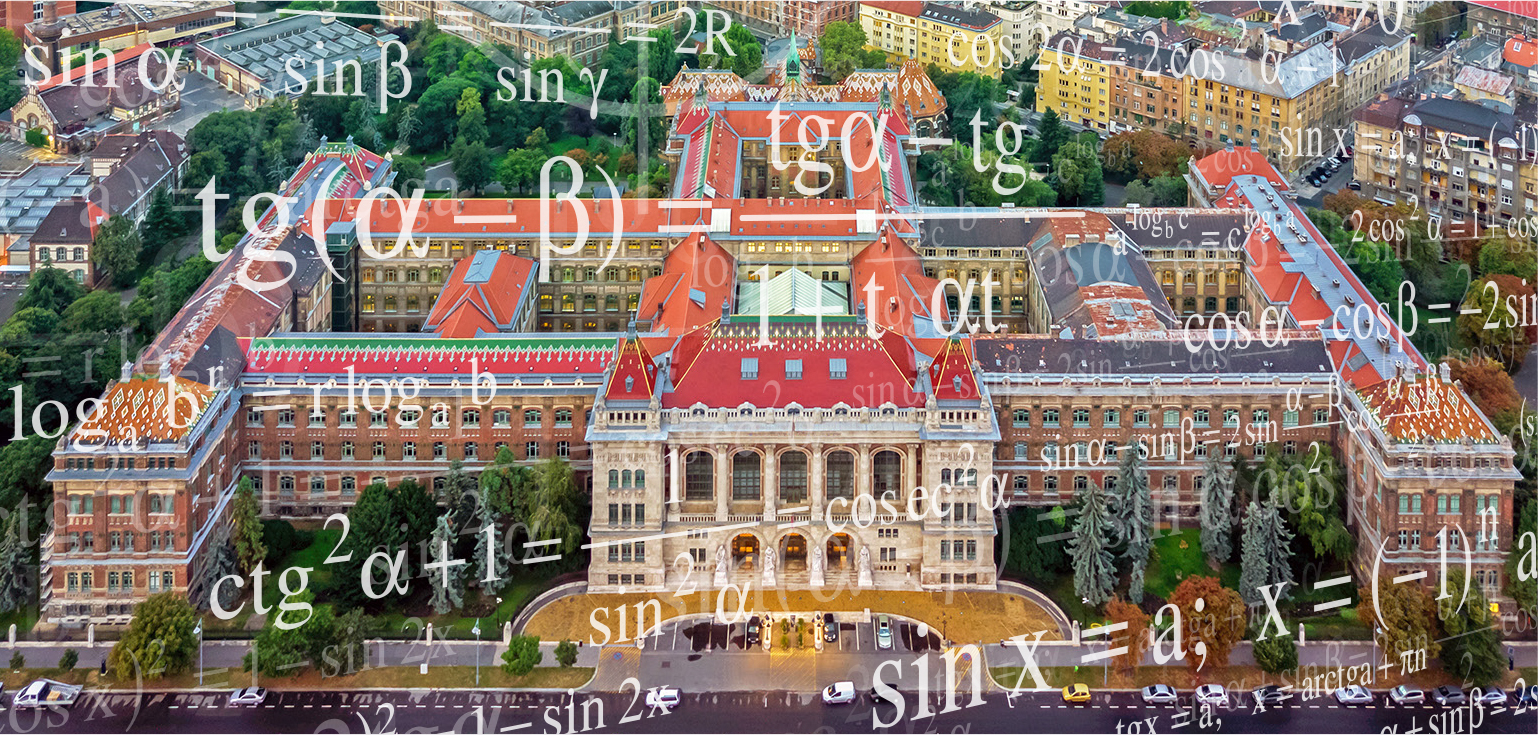BME Promises Graduates a Future-proof Education

Image by Kurka Geza Corey / Vasilius / Shutterstock.com
New professions are constantly popping up thanks to the speed at which robotics, AI, machine learning and virtual reality are evolving. The Institute for the Future says some 85% of jobs that will exist in 2030 have not yet been invented, making the ability to acquire new knowledge more valuable than the knowledge itself.
Research conducted by the Boston Consulting Group predicts that knowledge in computation and traditional STEM (science, technology, engineering and mathematics) subjects will be in especially high demand.
The Budapest University of Technology and Economics (BME) says it is looking to give students a competitive, multi-layered knowledge foundation that emphasizes innovation and highlights the value of intellectual property via its physicist-engineer bachelor of science program
Cultural anthropologist and ethnographer László Rab believes that careers dealing with data, information, and control will be crucial. According to Hungary’s Central Statistical Office, employment in the country’s information and communication sector increased from 92,400 people in 2009 to 147,500 in 2020, indicating a surge in data-related occupations.
The saying “data is the new oil” highlights how important data is becoming. Millions of terabytes of data are generated worldwide daily, and the ability to process and analyze it will become a critical area of demand. The BME physicist-engineer program covers essential topics such as data analysis, modeling, algorithms, statistics, and probability calculation.
The Human in the Machine
BME notes that, by 2025, an estimated 133 million people worldwide will be directly or indirectly involved in AI and machine learning. But while automation expands into more areas, robots will not take over all jobs. Indeed, among positions that are less easily automated, employment is on the rise.
In the BME physicist-engineer program, students collaborate with companies such as the Bosch Group and Semilab during their university years, gaining insights into the world of the most innovative R&D firms, and providing students with real-world opportunities for study and development.
Take, for example, the doctoral work of Ábel Sulyok, a BME Institute of Physics researcher who explored head-up displays projected onto car windshields. To utilize the results of his research in developing next-generation displays, Sulyok, along with his doctoral supervisor and business partner, founded a knowledge-utilization company named aHead Photonics. The company’s primary goal is to advance the findings that the university has patented for use in the private sector.
Physicists, engineers, and computer scientists have now collaborated with aHead Photonics to build a prototype that has been fitted into an automobile. The company plans to join the market in five or six years with a unique wide-angle display that improves driving safety and can be used as a home theater in self-driving cars, working with BME and automotive suppliers.
This article was first published in the Budapest Business Journal print issue of February 23, 2024.
SUPPORT THE BUDAPEST BUSINESS JOURNAL
Producing journalism that is worthy of the name is a costly business. For 27 years, the publishers, editors and reporters of the Budapest Business Journal have striven to bring you business news that works, information that you can trust, that is factual, accurate and presented without fear or favor.
Newspaper organizations across the globe have struggled to find a business model that allows them to continue to excel, without compromising their ability to perform. Most recently, some have experimented with the idea of involving their most important stakeholders, their readers.
We would like to offer that same opportunity to our readers. We would like to invite you to help us deliver the quality business journalism you require. Hit our Support the BBJ button and you can choose the how much and how often you send us your contributions.








